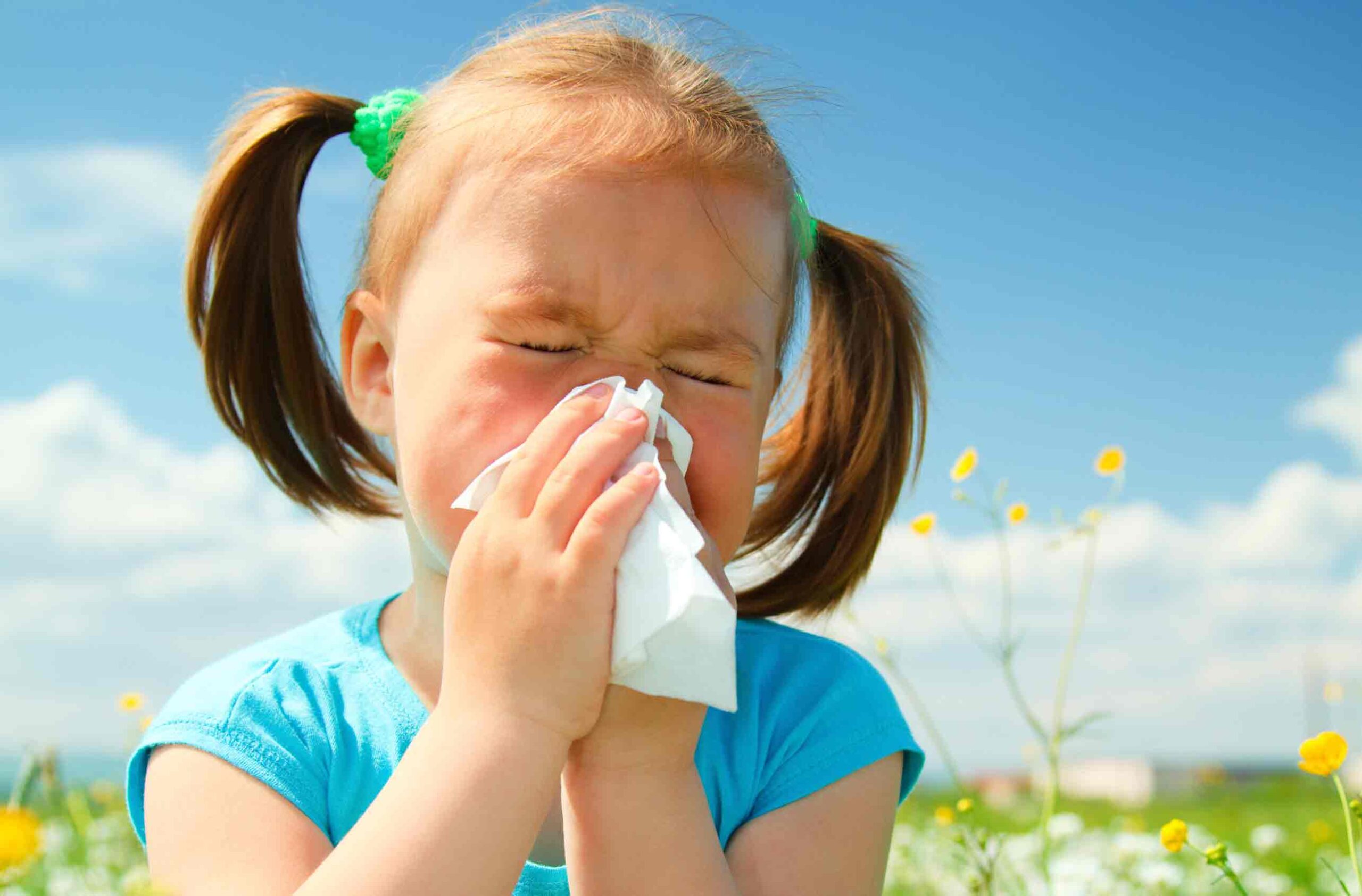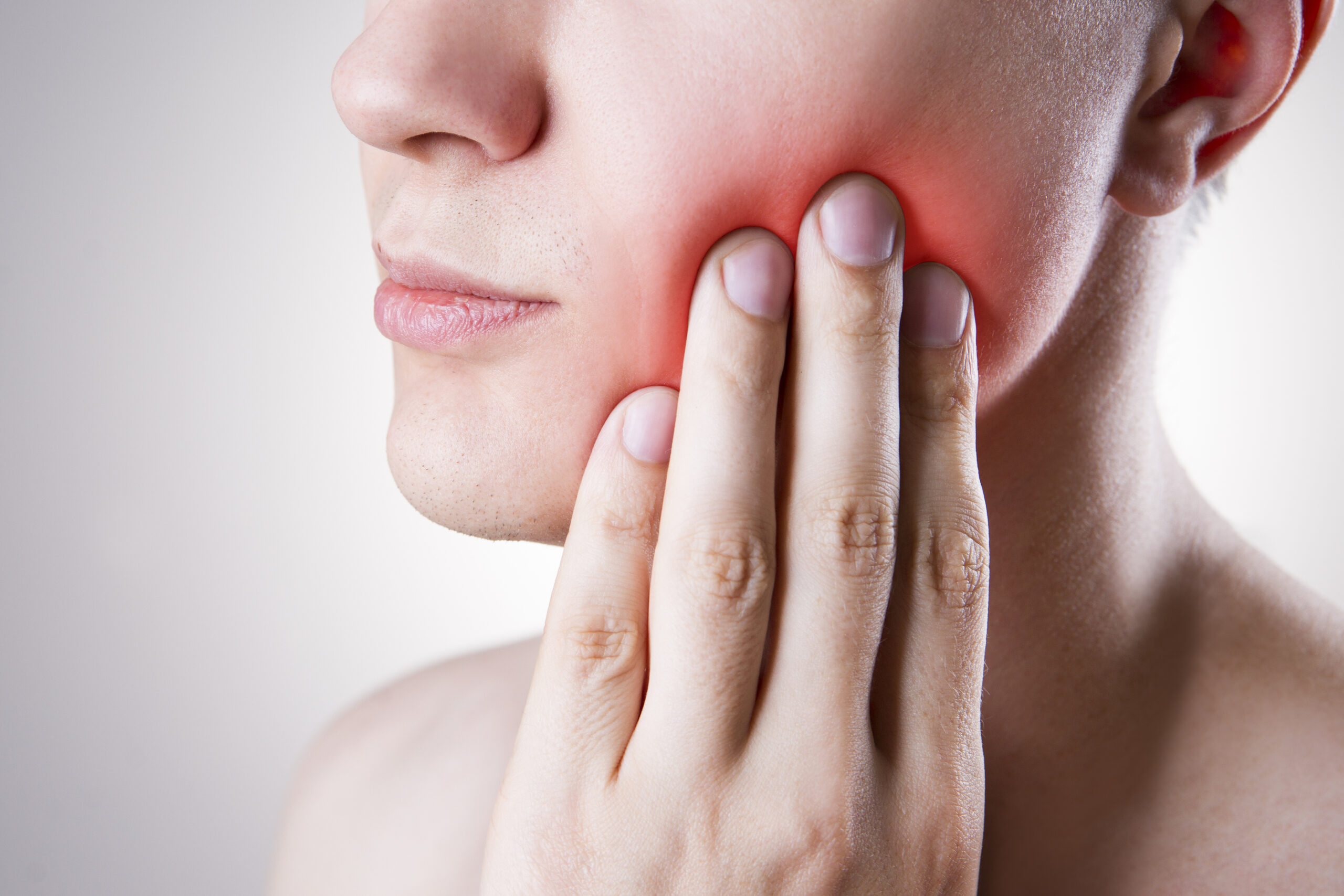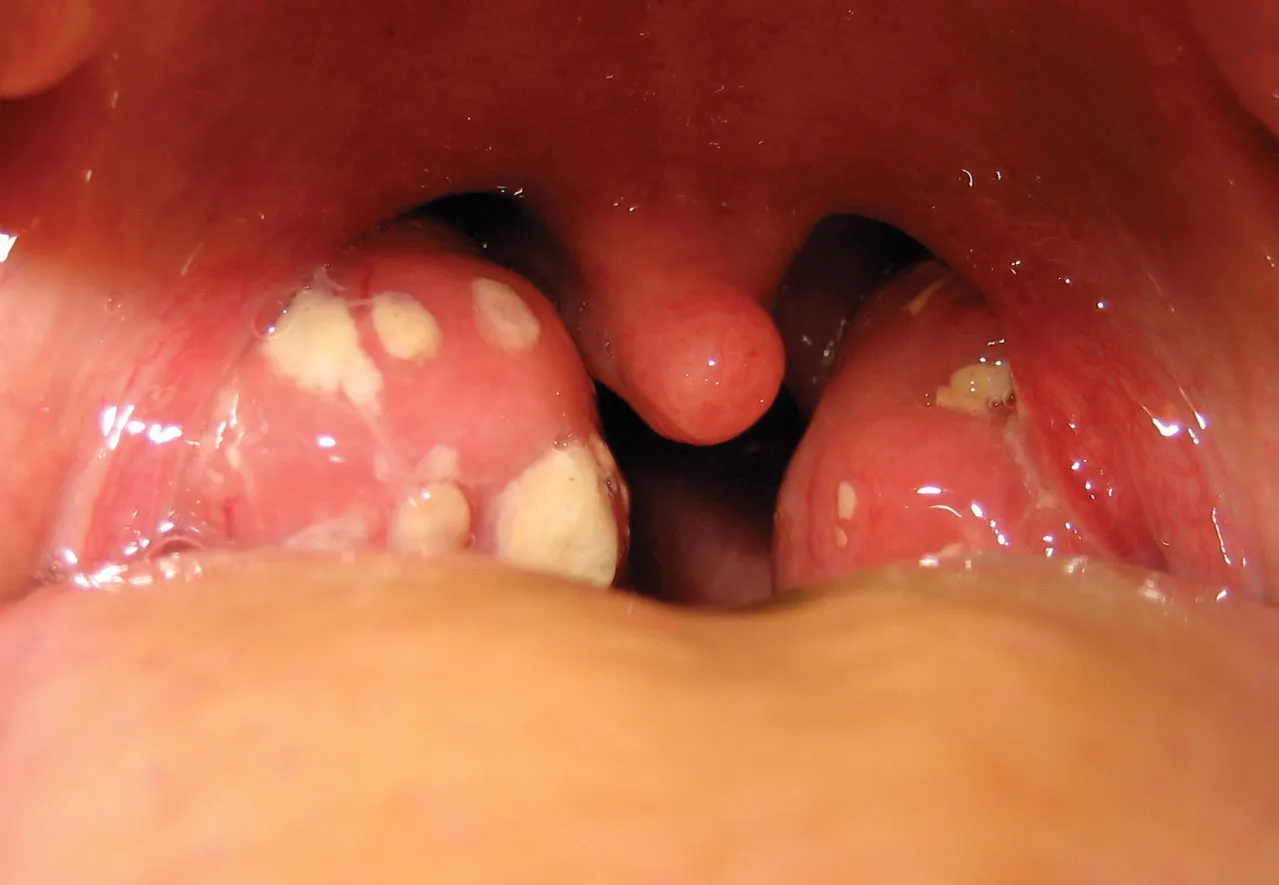About 50 million people in the United States suffer from some form of allergy [1].
Allergy is the reaction of a hypersensitive immune system to substances that are not actually harmful [2].
Examples of such substances are dust mites, pet dander, pollen, mold spores, and certain foods and medications [3].
Exposure to these allergens can cause unpleasant symptoms such as itchy skin, rashes, sneezing, wheezing and nasal congestion [4].
Here are some natural remedies that you would want to try to alleviate allergies and related symptoms.
In the following article, you will find:
- Home remedies for allergies
- How to prepare them
- How to use them for quick relief
Home Remedies to Get Rid of Allergies
following is a list of easy and effective home remedies for allergies.
1. Honey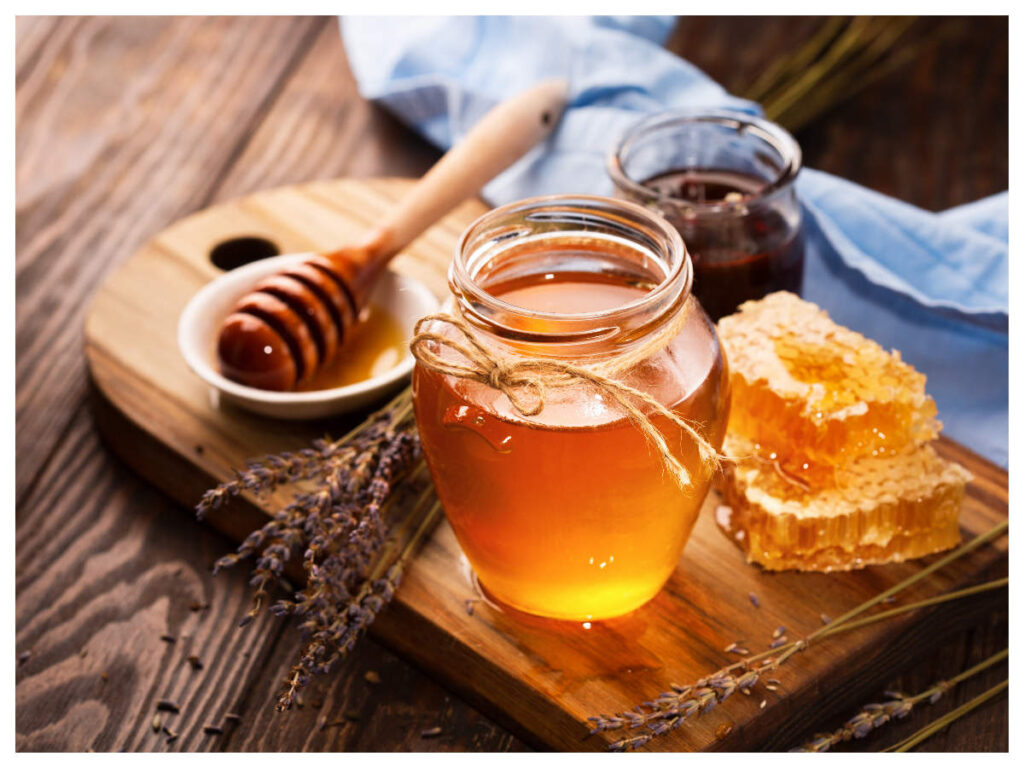
Allergic rhinitis affects an average of 30 million Americans each year [5].
Triggered by exposure to pollen, dust mites, molds and animal dander, this results in sneezing, difficulty in breathing and rhinorrhea [5].
Although most cases are manageable, this condition can still hamper your daily productivity and make you feel uncomfortable.
Fortunately, this can be remedied by natural ingredients like honey.
In an experiment performed in 2013, researchers divided 40 participants with allergic rhinitis into two groups, giving the first group a daily dose of a placebo (honey-flavored corn syrup) and the other group honey [6].
Both groups were treated within a four-week period [6].
It was found that patients with allergic rhinitis that received honey as treatment showed “progressive improvement in the symptoms” [6].
In fact, their condition continued to improve one month after treatment was over [6].
At high dosage, honey treats overall symptoms of allergic rhinitis and can be used as “complementary therapy” for this condition [6].
What You’ll Need:
- 1 tablespoon of local and unprocessed honey
Recommended Directions:
- Consume honey.
- Repeat remedy three to four times a day until symptoms subside.
Related: 10+ Health Benefits of Honey (Backed by Science)
2. Peppermint
Tea made from the leaves of peppermint plant is one of the most consumed herbal teas worldwide [7].
And it’s no surprise why.
Studies have shown that peppermint has a wide range of pharmacological benefits including as an analgesic, anti-inflammatory and antioxidant [7].
It can, therefore, cure a wide range of health problems including muscle pain, headache, migraine, inflammatory diseases and so on.
Apart from these, this herbal solution has also shown potential as an anti-allergenic.
According to research, peppermint has the ability to inhibit the release of histamine in allergic rhinitis cases [8].
Results from an animal trial showed that the use of this herb reduced allergy symptoms in rats, which include sneezing, nasal congestion and nasal rubbing [8].
As with its other pharmacological effects, its anti-allergy actions can also be attributed to the presence of flavonoids [9].
What You’ll Need:
- 1 tablespoon of peppermint leaves
- 1 cup of water
- 1 teaspoon of honey
Recommended Directions:
- Boil water in a pot.
- Add peppermint leaves.
- Strain and let it cool.
- Add honey.
- Drink tea three times a day for up to one week.
Related: 12 Uses and Health Benefits of Peppermint Oil
3. Butterbur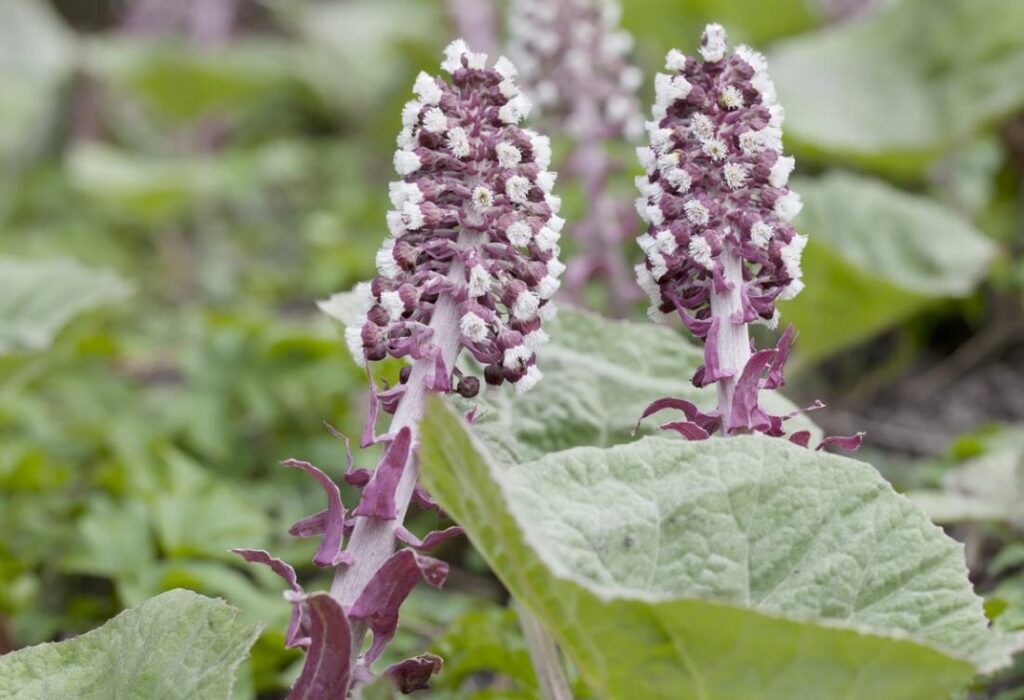
Since the ancient times, butterbur has been recognized for its medicinal value, particularly as a spasmolytic agent [10].
It can also be a boon for those suffering from allergic rhinitis [11].
According to various studies, butterbur works to relieve allergic reactions due to exposure to common allergens, thanks to its major components called bakkenolides [12, 13].
Rats induced with an antigen demonstrated improvement in allergy symptoms after being given bakkenolide B [12].
These symptoms include nose rubbing and sneezing [13]
This proves that this compound has “suppressive properties” not only for allergies but also for inflammation [12].
Thus, it is recommended as an alternative intervention for asthma and other related respiratory ailments [12].
Some researchers also found it to be effective when fermented in lactic acid [14].
What You’ll Need:
- 1 teaspoon of butterbur root
- 1 cup of water
Recommended Directions:
- Put butterbur root in water.
- Let it sit for 12 hours.
- Boil water.
- Remove from heat.
- Let it steep for five minutes.
- Strain the root and drink the tea.
- Repeat method once a day for one week.
4. Yogurt
About 6 percent of children and up to 4 percent adults have allergic reactions to certain food proteins, reports a 2006 study [15].
Food allergies can cause problems not only in the gastrointestinal tract but also in the respiratory tract and the skin [15].
Common food allergens include peanuts, milk, egg, fish, shellfish, and tree nuts [15].
Combating food allergies can be done with the help of probiotics in yogurt, which according to research, maintain a proper balance of intestinal flora, and reduce inflammatory responses [16, 17].
Several studies also show that probiotics can work in preventing allergies in infants and children [18, 19, 20].
Researchers from Finland conducted a large study that included over 1,200 pregnant women with infants who are susceptible to allergy [18].
The mothers were asked to take either a probiotic mixture or placebo during the last month of their pregnancy [18].
Their babies meanwhile received either a prebiotic galacto-oligosaccharide or a placebo from the time they were born until they reached six months of age [18].
Upon reaching the age five, they were tested for allergies, and it was found that probiotics prevented the development of allergies particularly among cesarean-delivered children [18].
What You’ll Need:
- 3 cups of yogurt
Recommended Directions:
- Eat yogurt throughout the day.
- Use this remedy until allergic reaction subsides.
5. Turmeric
A perennial herb that is commonly grown in China and India, turmeric has been used to treat a cough, rheumatism, anorexia, sinusitis and diabetic wounds for many years [21].
Its main compound called curcumin, which is responsible for its yellow pigment, is a potent anti-inflammatory that can help tone down allergic reactions to common allergens [21].
Turmeric works by inhibiting the release of histamine, which is what causes allergy symptoms like sneezing, nasal congestion, and airway obstruction [22, 23].
The efficacy of curcumin as an anti-allergy treatment was tested by researchers with the use of a murine model of allergy, which indicated a marked reduction of allergic responses in animal subjects [22].
On top of these, turmeric also strengthens the body’s immune response to make it easier to control allergies [24].
What You’ll Need:
- 6 tablespoons of turmeric powder
- 6 tablespoons of honey
Recommended Directions:
- Combine two ingredients.
- Stir well.
- Eat a teaspoon of honey and turmeric mixture two times a day.
- Follow remedy for up to one week.
6. Mangosteen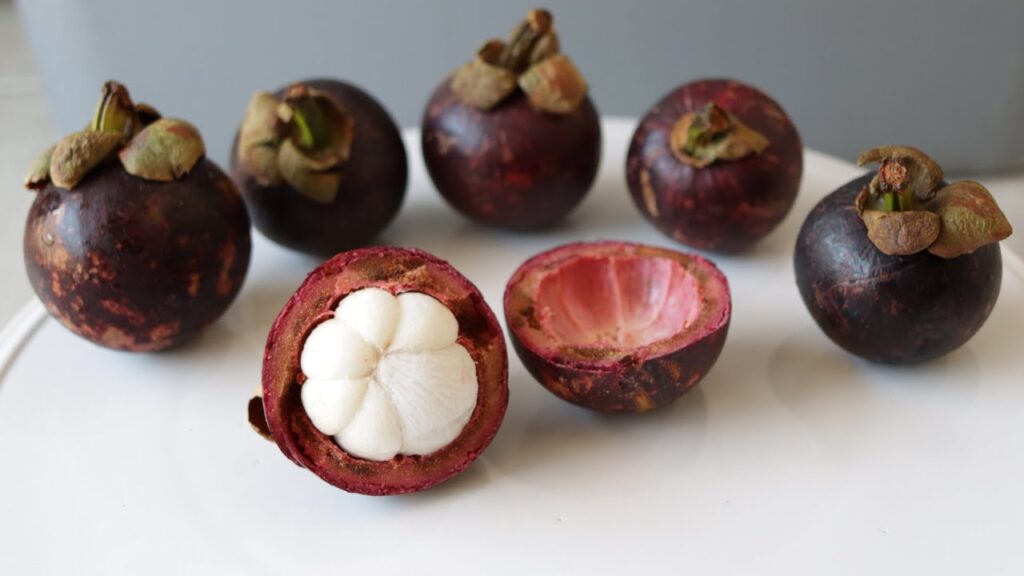
Mangosteen has always been a popular herbal remedy in Thailand [25].
In Japan, it is also used as an anti-allergy drug [25].
A study published in the Food Chemistry Journal reports that mangosteen alleviates allergy-induced inflammation by regulating allergic mediators [26].
It has inhibitory effects on “histamine release and prostaglandin E2 synthesis” [25].
According to Japanese researchers, mangosteen extract has a higher level of efficacy compared to Chinese sweet leaf, which is also used as an anti-allergy remedy in Japan [25].
What You’ll Need:
- 2 to 3 pieces of mangosteen
Recommended Directions:
- Eat mangosteen throughout the day for three to five days.
7. Nettle Leaf
Another practical remedy for allergies is nettle leaf, a plant commonly found in America, Europe and Asia [26].
Although it possesses valuable pharmacological effects, it is unfortunately underrated [26].
Scientific evidence points out that it’s a potent treatment for allergic rhinitis, reducing unpleasant symptoms caused by this condition [27].
Of the 98 volunteers who participated in a double-blind randomized experiment, those who received nettle leaf preparation recovered more quickly from allergic rhinitis compared to those who used the placebo [27].
According to research featured in the Phytotherapy Research Journal, nettle leaf works by inhibiting the formation of prostaglandin and release of histamine [28].
At the same time, it tones down inflammation and boosts the body’s immune defense against allergens [29, 30].
When the body’s immune system is stronger, it’s more difficult for allergens to invade the system and cause unpleasant symptoms.
What You’ll Need:
- 1 tablespoon of nettle leaf
- 1 cup of water
Recommended Directions:
- In a pot, boil water.
- Add dried nettle leaf.
- Let it steep for five minutes.
- Let it cool.
- Drink tea twice a day.
- Repeat daily until allergies clear up.
8. Apple
An apple a day keeps allergies away.
In 1998, a group of Japanese scientists probed the anti-allergy effects of the polyphenols in apples [31].
They discovered that apples have strong inhibitory effects on histamine release, thereby reducing allergic reactions [31].
Tannins in apples, meanwhile, have been shown to prevent the development of food allergies [32].
Apples are therefore considered as a viable treatment and at the same time, an effective preventive measure for allergy-related conditions.
What You’ll Need:
- 2 to 3 apples
Recommended Directions:
- Eat apples throughout the day.
- Or drink the juice extracted from apples.
9. Tomato
More and more people have become interested in tomatoes.
This happened after it was discovered that they have lycopene, a chemical that has strong anti-cancer effects [33].
A 2004 study reveals that tomato skin is highly effective in relieving allergic reactions [34].
As with other anti-allergy remedies, tomatoes work by suppressing the release of histamine [34].
It was observed that the tomato skin had the strongest inhibitory effects [34].
Contributing to its anti-allergy properties are the polyphenols in tomatoes [34].
Even though researchers identified chlorogenic acid, naringenin, and rutin as the active components in the tomato skin, they were not sure which one was responsible for its anti-allergy actions [34].
When you’re going to use tomatoes as a remedy for allergies, just make sure to include the skin.
What You’ll Need:
- 2 tomatoes with skin
- 1 glass of water
- Pinch of salt
Recommended Directions:
- Boil tomatoes in water.
- Add juice to water.
- Add salt.
- Consume tomato mixture once a day for five days.
10. Blueberry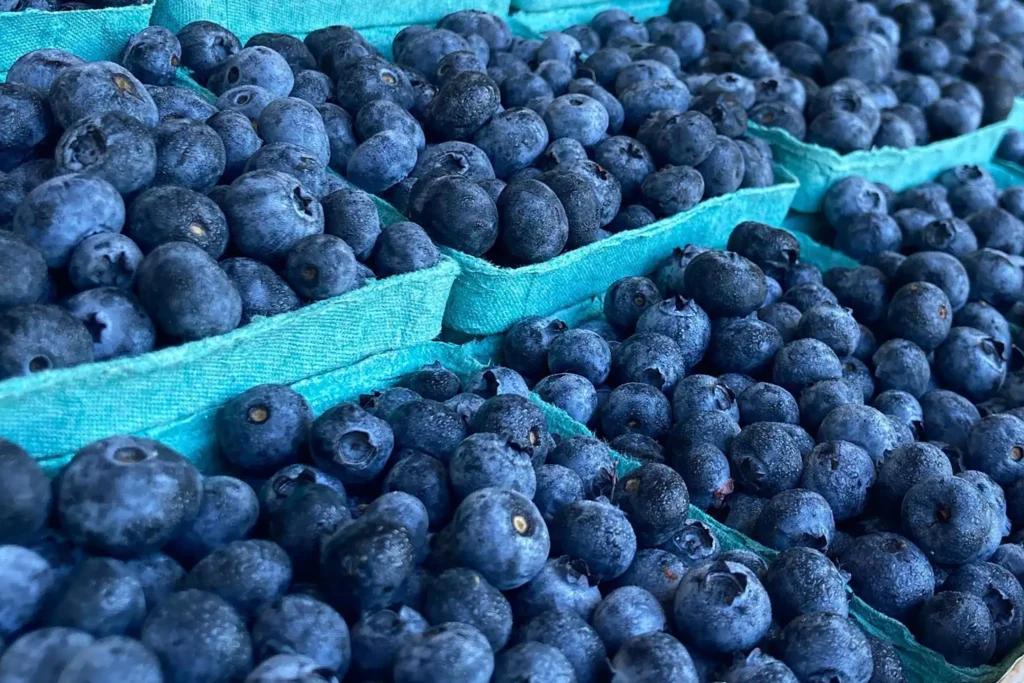
Blueberries are an excellent source of bioactive compounds that are good for the health [35].
It’s no surprise that these berries have become popular in many parts of the world as a health booster and preventive measure for disease [35].
Flavonoids are some of the polyphenols that can be found in berries [35].
These compounds have been linked to anti-allergenic effects, according to a 2007 research [36].
They don’t only control histamine from being released, they also suppressed enzymes that trigger the body’s inflammatory response [36].
Those with the strongest anti-allergy effects are apigenin, fisetin, and luteolin [36].
Moreover, it appears that blueberry doesn’t only relieve allergy symptoms but can also be used as a preventive measure for this condition [36].
What You’ll Need:
- 6 to 8 pieces of blueberries
Recommended Directions:
- Eat blueberries every day until symptoms disappear.
11. Ginger
The efficacy of ginger as a household remedy for a wide range of health problems has been proven in scientific research.
Most people use it as a way to relieve nausea and vomiting, especially during pregnancy or motion sickness.
Because it is safe and well-tolerated with very few reports of adverse side effects, it has become widely used in many parts of the world.
In 2009, Chinese researchers isolated phenolic compounds from ginger to probe their potency as an anti-allergy [37].
Results show that ginger has the ability to suppress the body’s allergy responses, making it a useful treatment and prevention of allergic conditions [37].
That’s not all. Ginger also has confirmed anti-inflammatory actions that are also useful for curbing allergies [38].
What You’ll Need:
- 1 tablespoon of ginger, grated
- 1 cinnamon stick
- 3 pieces of cloves
- 1 cup of water
- 1 teaspoon of honey
- 1 teaspoon of freshly squeezed lemon juice
Recommended Directions:
- In a pot, put water, ginger, cinnamon stick, and cloves.
- Bring water to a boil.
- Simmer for five minutes.
- Strain the mixture.
- Add honey and lemon juice.
- Drink the concoction two to three times a day when allergy sets in.
Related: How To Use Ginger For Acne: 19 Effective Ways With Directions
12. Patchouli Oil
Patchouli oil’s therapeutic effects have long been recognized in many countries especially in Asia.
Traditionally, it was used to stop nausea and vomiting, alleviate heat rashes, and stimulate the appetite [39].
Its anti-allergy activities were the subject of a 2012 study that can be found in the Journal of Essential Oil Research [39].
At various doses, patchouli oil successfully inhibited the body’s allergic reactions in animal subjects [39].
Several studies meanwhile point out that this oil also has an anti-inflammatory mechanism that can further alleviate allergic diseases [40, 41].
What You’ll Need:
- 3 to 5 cloves of garlic
- 1 glass of water
- 1 teaspoon of honey
Recommended Directions:
- Crush garlic to extract the juice.
- Take the juice and add to a glass of water.
- Stir in honey.
- Drink the mixture every morning during allergy season.
Some Q&A About Allergies
Q. What is an allergy?
A. Allergy is when we are very much over-sensitive to any specific substance such as dust or pollens or certain types of food and even medicines.
Q. Which allergens are the most common?
A. Usually, the most common allergens are dust mites, mold spores, pollen, animal dander, cockroaches, peanuts, milk, eggs and more.
Q. How can allergies be diagnosed?
A. Skin allergy tests can be used to diagnose allergies of the skin. On the other hand, a blood test can also be used to show if there are any foreign antibody present in the blood or not which is responsible for the allergic reaction.
Q. What are the most common allergies?
A. The most common allergies are usually hay fever, also known as allergic rhinitis. Asthma is a type of allergy too, eczema is one, then there is contact dermatitis. Food allergies are very common in people and hives too.
Q. How are allergic diseases classified?
A. Allergic diseases are classified by the types of allergens, or by the parts of the body that is affected by the allergens.
Q. Can a person develop allergies in later stages of their lives?
A. Yes. They can. In fact, it must be noted that allergies can develop at any age. It doesn’t matter what is your age for it to affect you. However, usually, allergies surface in a person when they are in their teenage years. It is because they undergo hormonal changes during that time.
Bottom Line
Although some people don’t mind sneezing and having a runny nose all day, some can’t go through their usual daily activities when they suffer from these symptoms.
Allergies can definitely impair some people’s productivity.
Resolve this issue right away using natural methods that are not only effective but also safe.
Try using these home remedies to help you relieve allergies fast.
Hope this article was helpful.
